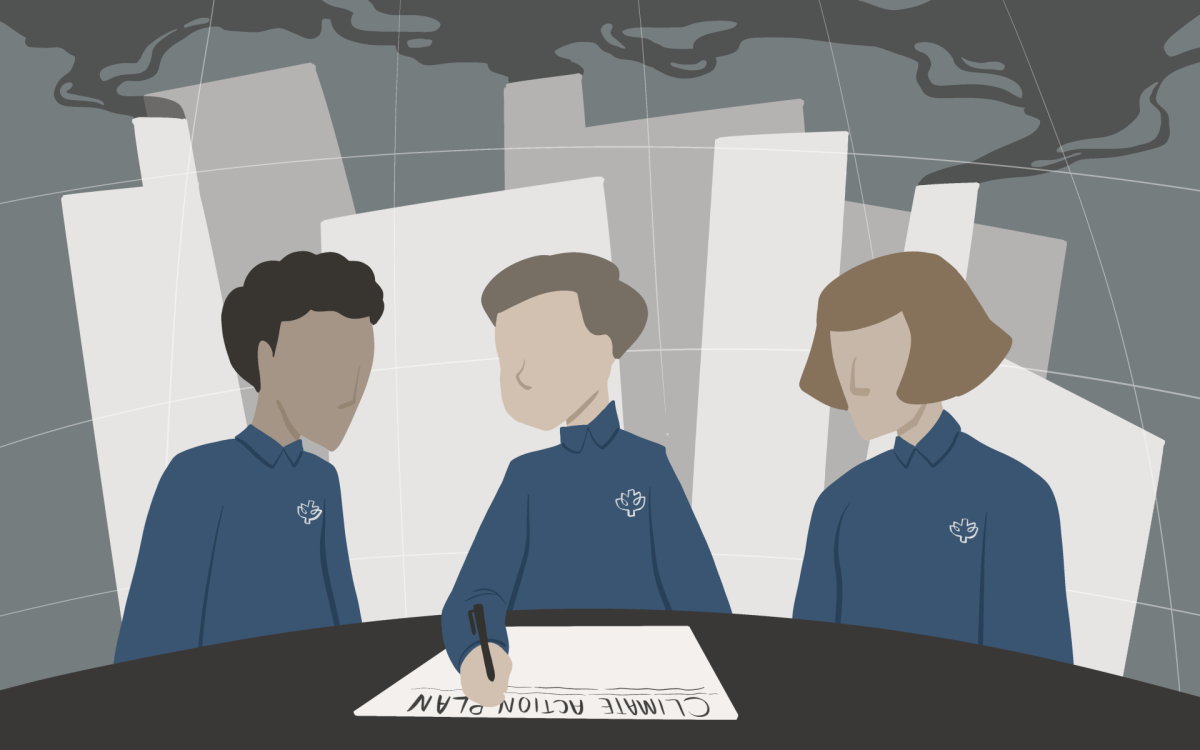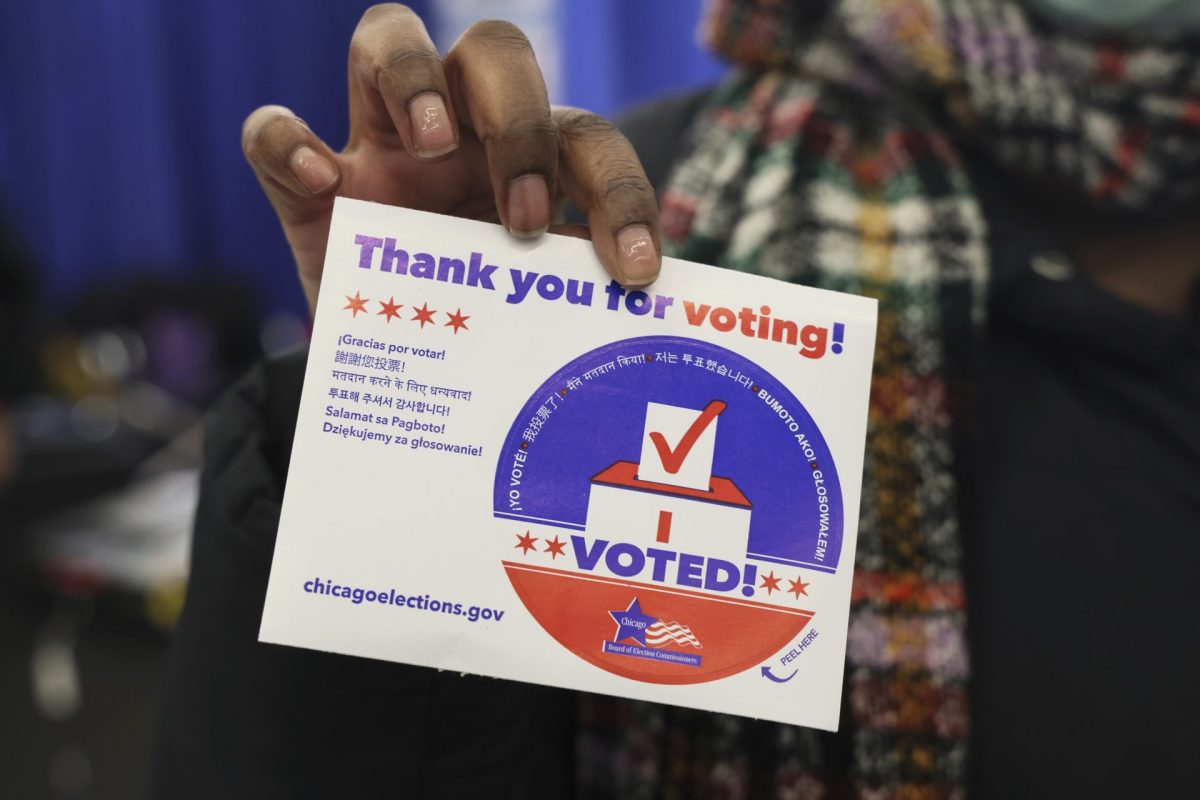Tech giant Apple was found guilty last week of conspiring with publishers to fix e-book prices and reduce competition in the market.
Apple worked with some of the biggest publishers in the US-including Harper Collins and Penguin Group-to level the playing field in light of the company’s iPad release in 2010. According to a press release from Illinois Attorney General Lisa Madigan, Apple violated antitrust laws and “was an essential member of the charged conspiracy and was fully complicit in the scheme to raise e-book prices.”
“When companies fix their costs, customers pay the ultimate price,” Madigan said. “By colluding to fix the price of e-books, Apple and the publishers forced book buyers to pay millions more for e-books than they otherwise would have. Enforcing the state’s antitrust laws will ensure that people who purchased these items receive the full benefit of competitive pricing and choice in the marketplace.”
Dr. Kenneth Thompson, a professor of management at DePaul, said Apple’s violation derived from a desire to change the e-book business model from distribution to agency. In the first, e-book distributors buy titles from publishers and set the selling price for their store. In an agency model, publishers sell books to all retailers for the same price and keep companies like Apple from controlling their own store prices. This deal meant Apple would have to listen to the publishers, but it also meant Apple could keep up with competitors when it opened its iBookstore.
Apple was particularly concerned about Amazon. Under the distribution model, Amazon sold e-books at $9.99, which was often less than the price publishers sold them for. Amazon lost money initially, but the low prices attracted customers and gave it a monopoly on the e-book market. By encouraging an agency model, Apple interrupted this strategy and left Amazon at the mercy of book publishers.
Thompson said this was able to continue for as long as it did because a case like this is hard to prove and requires a formal complaint. But now that it is out, the company might suffer more than just legal fees.
“In term of damages, the penalty phase of the trial could have significant cost to Apple in terms of closer future scrutiny by the Justice Department, and there are 33 state attorneys general with lawsuits against Apple for the infractions related to the federal case suing to recover the overpayments to consumers in their states …” Thompson said.
The company’s stock, and most importantly how it is viewed, will also suffer, Thompson said.
“Apple has worked hard to form a positive consumer image to create engaged customers who are loyal to the product,” Thompson said. “This damages that reputation.”
Apple has said it will appeal the decision, but Thompson said he is skeptical that they will win.







